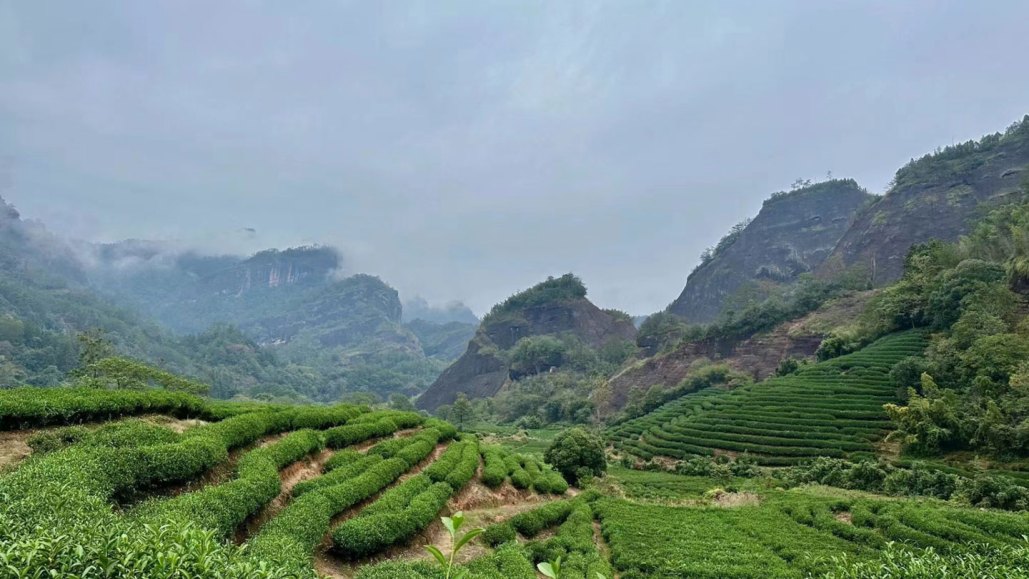Enhancing Tea's Flavor through Diverse Root Microbes

Scientists appear to have discovered why tea has a calming influence.
Enhancing the microbial community within the plant's roots can increase a cup of chai's quality, according to a report published in Current Biology on February 15. The researchers achieved this by introducing bacteria into the roots which increased the production of the amino acid, theanine.
There is something in tea that assists us in relaxing, according to Zhenbiao Yang, a plant cell biologist at China's Shenzhen Institute of Advanced Technology. He suggests that theanine may be the "chemical aiding sleep". Moreover, theanine gives tea its savory, or umami, flavor.
Yang and his team examined the microbial communities in the roots of two oolong tea plant variants: a sweet, less rich in theanine variety known as maoxie, and rougui, a cinnamon-flavored, high-theanine version. They discovered a higher concentration of microbes that convert nitrogen, a nutrient that tea plants convert into theanine, within the rougui roots.
The scientists then isolated 21 bacterial species from the rougui roots to create an experimental microbial mixture they dubbed SynCom. They sterilized seedlings of various tea plant species' roots, grew them in sterilized vermiculite soil for several weeks, and then introduced live or dead SynCom into the soil. They also included a nutrient solution containing varying amounts of nitrogen.
Following a 20-day period, Yang and his team discovered that the addition of live SynCom increased the theanine levels in all of the tea plant variants, with the effects more pronounced under lower nitrogen conditions. The maoxie plants inoculated with live SynCom had nearly 0.007 milligrams of theanine per gram, 0.005 mg/g higher compared to those with dead SynCom.
Yang believes the next steps will involve refining SynCom to make its production and distribution more manageable, stating "If we have only like one or two [strains], it will be really easy."




